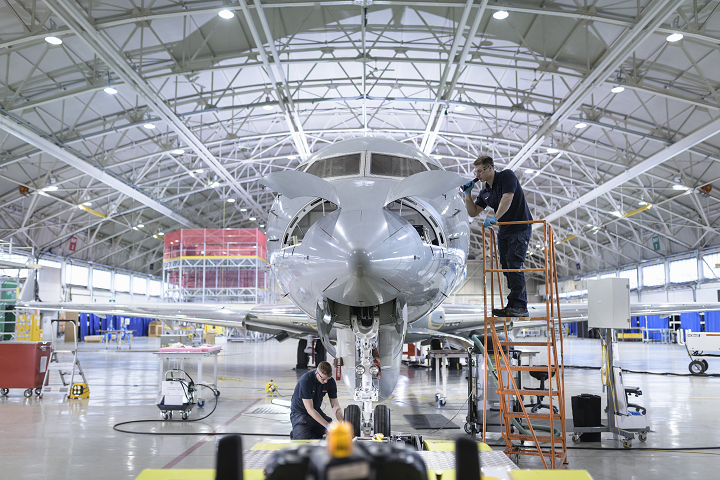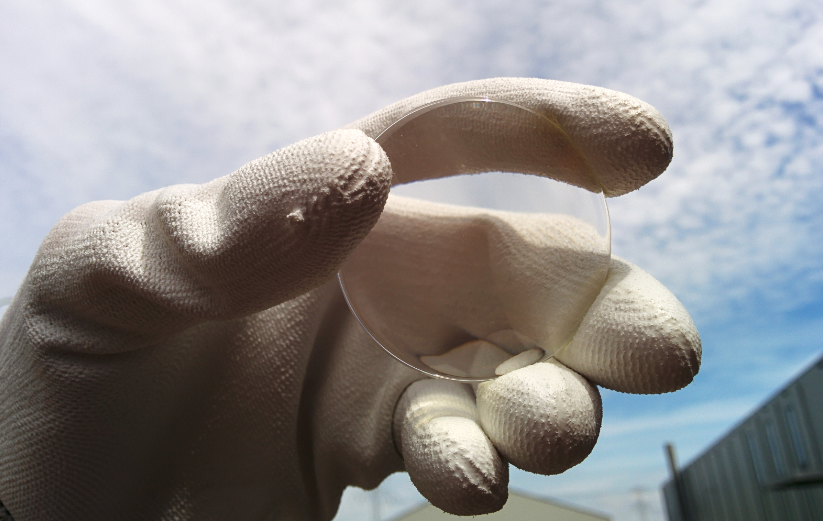China3D printingThis spring, the Ohio-based Association of American Manufacturers (Amake Makes), its leading partner for additive technology research, discovery and innovation in the United States, announced its latest AXIOM. Call for Projects, Extremely Improved Additives for Optical Mounts. Now, subject to finalizing the details and requirements of the entire contract, the AXIOM project convener, designed to support the Air Force’s continued technological advancement, has just been announced. The Raytheon Technologies (RTX) project team has secured $841,000 in funding to help shake up the market for high-precision optical components through the use of additive manufacturing.
“Given the complexity and various technical challenges presented, the submissions from AXIOM Project Call were excellent and met our expectations. Overall, these submissions offer a unique and promising set of solutions.” Executive Director, America Makes John Wilczynski said in a press release. “The RTX-led proposal details an approach that includes a number of tasks that address related technological gaps in the design and production of additively manufactured optical mounts. For the U.S. Air Force, our member community, and the wider The expected outcomes of the RTX effort will be hugely transformative and valuable in terms of supply chain. We congratulate RTX and its team.”
The project call was funded by the Air Force Research Laboratory (AFRL), the Materials and Manufacturing Directorate of the Manufacturing and Industrial Base Technology Division.Together with the National Center for Defense Manufacturing and Machining (NCDMM), which manages America Makes, a total of $560,000 was provided for the award, of which $281,000 came from a peer-to-peer cost-sharing fund; in total, the RTX project team will receive$841,000funds.
For AXIOM, the goal is to create better solutions, and according to the press release, it will use additive manufacturing to create designs that “enhance the readiness of high-precision optical components for space systems, sensors and other applications.”

(Image courtesy of Raytheon Technologies)
“Currently, optical components require a challenging combination of weight, stiffness, coefficient of thermal expansion (CTE), thermal management and dimensional tolerances,” said AXIOM Project Call. “To meet these requirements, designs often include geometric features, fabrication methods and materials, which can increase costs and lead times and create supply chain vulnerabilities due to limited sources of approved materials. The project call aims to mitigate these risks through innovative approaches. , the method combines additive manufacturing with novel designs or materials with the same reliability as off-the-shelf commercial products.”
RTX leads the project team, which also includes Raytheon Intelligence and Space (RIS), Raytheon Missiles and Defense (RMD), the Raytheon Technology Research Center (RTRC), nTopology, and the Wichita State University-National Institute of Aeronautical Sciences (WSU- NIAR)).
The team’s AXIOM submission, “Topology-Optimized Reflective Optics (TORO),” will work to improve current optical strategy capabilities – by improving software workflows with more conventional materials, the project aims to transform “the industrial base from known conventional designs” Transforming Exotic Materials” to Exotic Design. This should enable the use of less toxic, more accessible materials in laser powder bed fusion (LPBF) systems for print fabrication and performance-optimized designs.
“The RTX TORO submission was a well thought out effort. Not only are we looking forward to this project, but we will continue to discuss how best to use additive manufacturing technology to benefit those who rely on these complex components.” Dr. Brandon Ribic said.

(Image courtesy of Luxexcel)
The RTX project team hopes that its TORO program will bring some advancements in the field of additive manufacturing, such as topology optimization (TO) and design for additive manufacturing (DFAM), new technologies that will enable optical components and mount designs to have novel capabilities and reduce lead times.
(responsible editor: admin)


0 Comments for “Raytheon Receives Funding for 3D Printing of Aerospace Optical Parts”